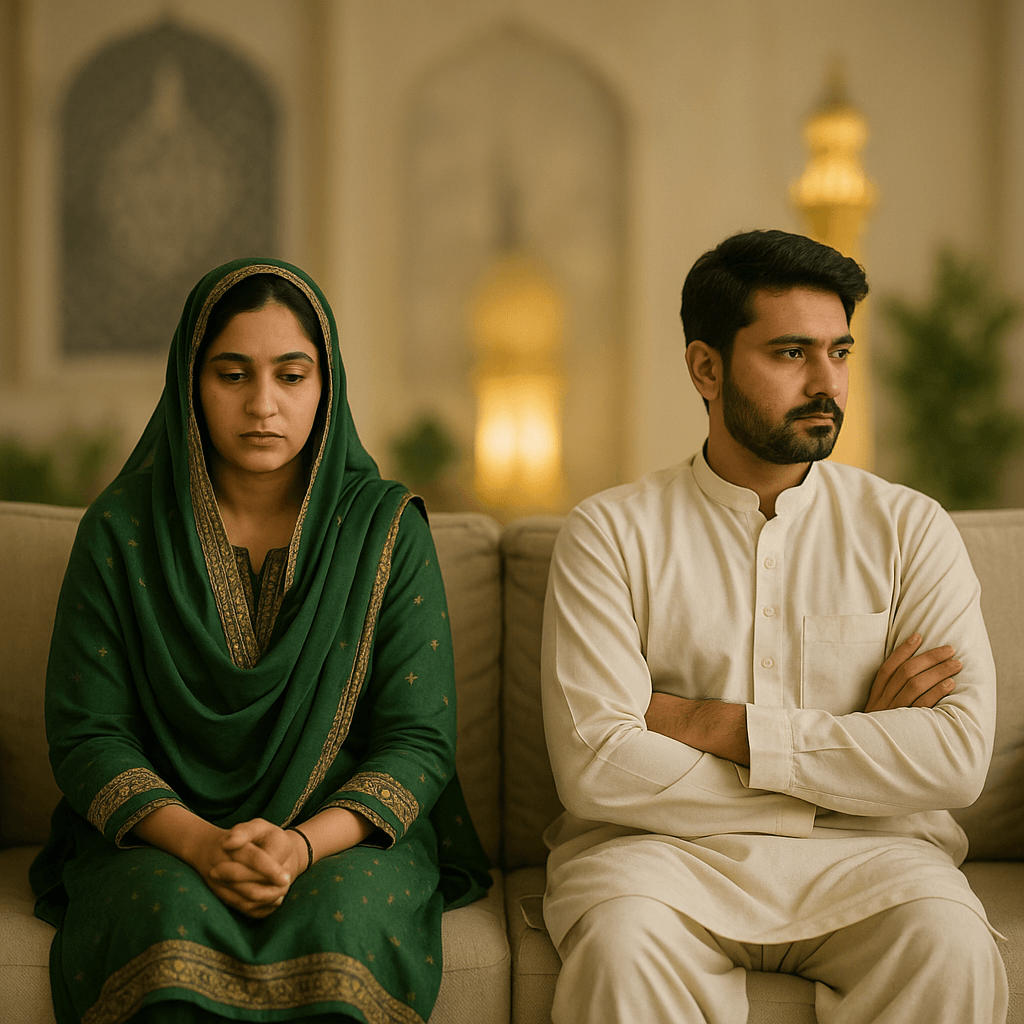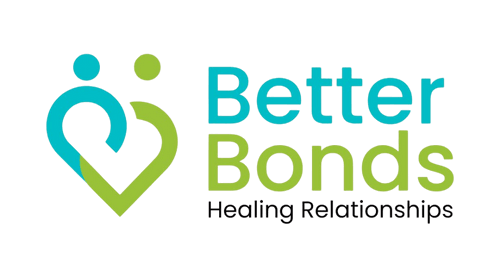
In a society where family, honor, and privacy are highly valued, seeking professional help for relationship issues can still feel like a last resort—if it’s considered at all. Relationship counseling in Pakistan is gaining ground, but many couples still struggle with the idea of opening up to a therapist.
Let’s break down the stigma, explore the cultural roadblocks, and highlight how therapy—especially through services like Better Bonds—can offer much-needed support.
1. “Log Kya Kahenge” – What Will People Say?
In Pakistani culture, there’s an unspoken fear of social judgment. Couples often keep their struggles hidden to avoid being seen as “weak” or “broken.” But just like physical health, emotional well-being deserves attention.
Ignoring conflict doesn’t make it go away—it builds resentment. Marriage therapy provides a safe, confidential space to work through issues without judgment.
2. Men Are Expected to Stay Silent
Pakistani men are often taught to suppress emotions and “man up” during relationship problems. Talking about feelings is seen as a sign of weakness. As a result, many men internalize pain, which can lead to emotional distance, anger, or even depression.
Encouraging men to explore individual therapy is a powerful step. Therapy isn’t about blaming—it’s about understanding and healing.
3. Women Fear Being Labeled “Too Emotional”
Women, on the other hand, are often told to tolerate everything “for the sake of the family.” Expressing emotional needs can be seen as being dramatic or selfish. This cultural script leads to emotional exhaustion and, sometimes, a complete loss of identity in a relationship.
But it’s okay to seek help. Whether it’s online therapy from the comfort of home or personalized relationship counseling, support is available—and it’s valid.
4. Therapy is Seen as a Last Resort
In Pakistan, therapy is often seen as something you try after everything else has failed. But the earlier couples or individuals seek support, the better their chances of recovery.
Therapy isn’t just about crisis—it’s also about prevention, reflection, and connection. Online therapy makes it easier than ever to access support from anywhere in the country.
5. Religious and Cultural Misconceptions
Some believe therapy goes against faith or that it means relying too much on “Western” ideas. But emotional health and spiritual health are not mutually exclusive. Many therapists in Pakistan respect cultural and religious values while providing support.
Better Bonds, for example, offers culturally sensitive options for grief therapy, marriage counseling, and more. Learn more about grief support and how it can help families in difficult times.
6. Lack of Awareness
Many people simply don’t know what relationship counseling really involves. They imagine lying on a couch and talking endlessly about childhood. In reality, modern counseling is solution-focused. It’s about learning communication tools, understanding emotional triggers, and finding new ways to connect.
Contact Better Bonds to learn how therapy really works in a no-pressure conversation.
Final Thoughts
Breaking the taboo around relationship counseling in Pakistan starts with awareness and honest conversation. Therapy isn’t about shame—it’s about strength. You don’t have to wait until things fall apart. Taking a step toward healing today can help prevent years of silent suffering.
👉 Ready to talk? Book a free consultation today or explore personalized relationship counseling that fits your needs.
